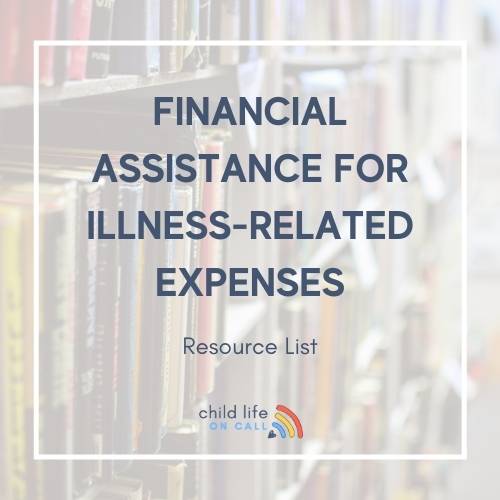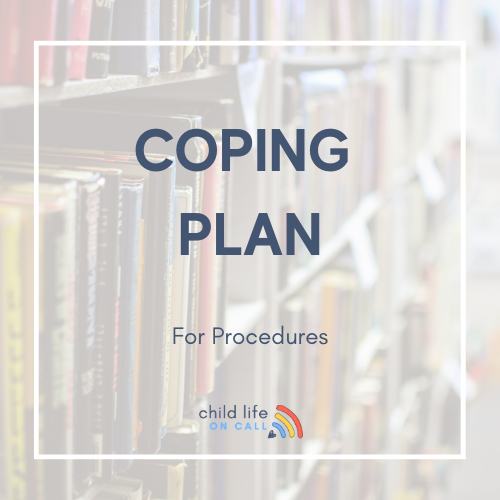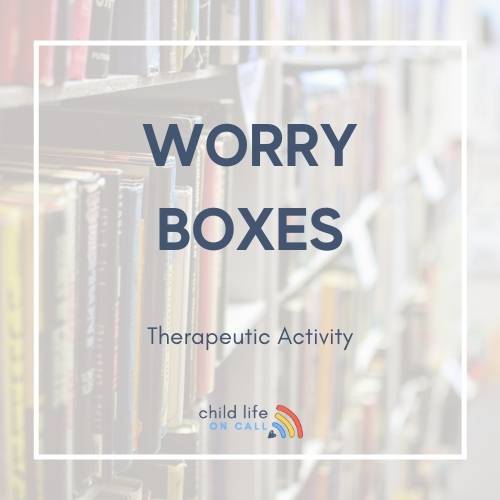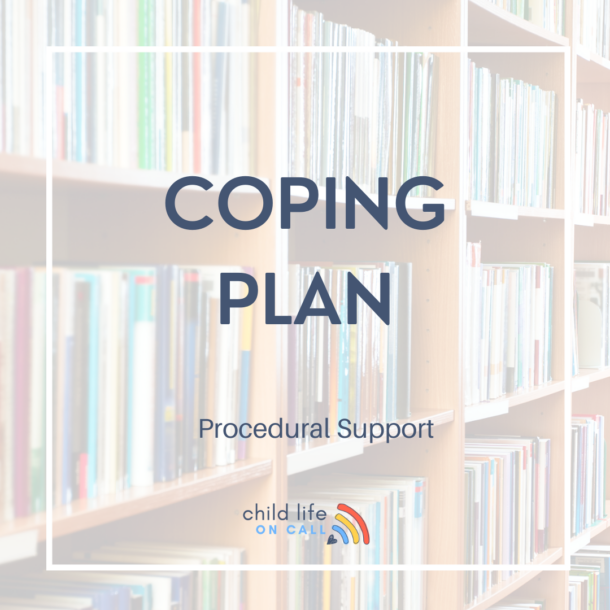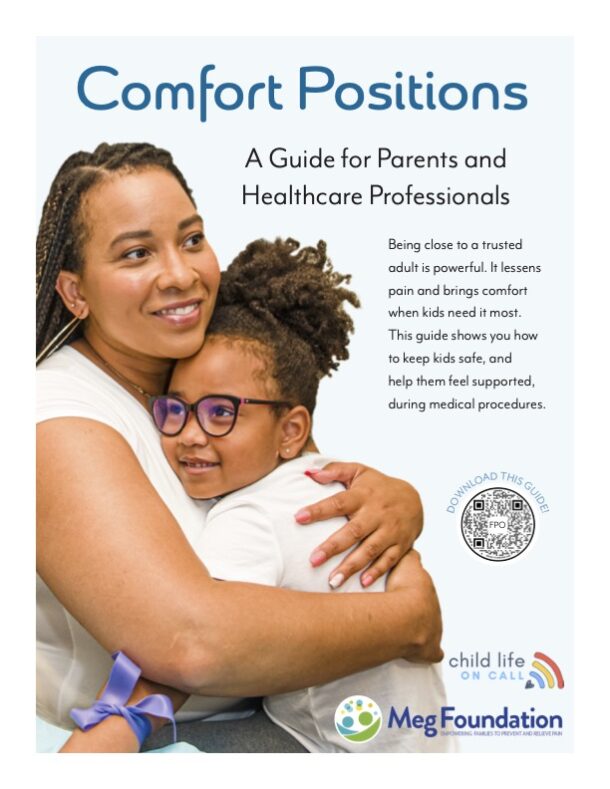A girl’s first well-woman’s exam (pelvic exam) can be something that is uncomfortable to discuss for both you and your teen. For an adult, whether you’re a parent (biological, foster, adoptive) or a guardian (grandparent, aunt/uncle, family friend, etc.) it can be awkward to bring up. No matter what your relationship is with the teen, you’re not alone if you think the best way to have the conversation is either to “rip the bandaid off and do it” or just not have the conversation at all.
Let’s consider why, for a teen, the thought of a woman’s exam could be scary and/or uncomfortable. First, it’s a very personal and private part of their body and human experience. Although it can be uncomfortable to discuss this type of exam, you can start the conversation by saying that many others have gone through this experience before. Only 22.9% of women, about 2.6 million, between the ages of 15-20 received a biannual pelvic exam in 2019.( Qin et al., 2020).
Why do I need to talk with my teen about this?
Open, honest communication leads to more open and honest communication.
When you introduce topics in a collaborative way, especially topics like menstrual cycles, pelvic exams, breast exams, and issues associated with menstrual cycles, the feeling of shame and embarrassment about it can feel less intense.
Your teen deserves to know what’s happening with their body.
By introducing the conversation, permission is given to ask questions and the door is opened for future communication. By establishing care with a trusted provider for pelvic exams and well woman’s issues, the teen also has another person they know they can go to for questions without fear of judgment or punishment.
Set your teen up for autonomy over their future health, too.
Discussing why a well-woman’s exam is important also helps encourage preventive care and promotes health independence from the teen. They can learn what to watch for and when they might need to see a doctor. Routinely seeing a gynecologist to discuss any changes, risk factors for certain conditions, and further preventative health measures. Teens need to understand the importance of these preventative exams and need to establish care for them.
What is the recommended time for a teen’s first well woman exam?
Although there are many differing opinions about women’s exams and when they should take place, we’ve condensed the information for you.
First suggestion, the age of 19.
A study showed that the median age of the first pelvic exam was 19 to avoid unnecessary exams (Bryan and Chor, 2015).
Avoid unnecessary pelvic exams and have the first appointment be an opportunity to establish care. The AAFP no longer recommends pelvic exams for asymptomatic, non-pregnant women and believe these unnecessary exams may cause harm such as false-positive test results, over diagnosis, anxiety, and unnecessary costs (Qin et al., 2020; American Academy of Family Practice, 2017).
It is suggested that most teens should have their first woman exam at age 19. It is important to talk to your normal pediatric/PCP (doctor) if your teen needs this kind of exam, so it is not done unnecessarily. Unnecessary exams can cause false-positive test results, over diagnosis and extra costs.
Some times when a pelvic exam might be medically necessary are:
- abnormal menstrual cycles (severe cramping, heavy bleeding, irregular)
- other reproductive related medical conditions
- pregnancy
- reasons related to a teen that is now sexually active (regular STD testing, and for certain types of birth control) (Bryan and Chor, 2015).
How do I bring up the topic?
Where to have the conversation.
Choose to do it in a neutral and familiar place such as the family home during a period of down time. Make sure there is enough time for questions and privacy, free from interruptions and listening ears of other household members.
Set the tone: Set the tone for the conversation by asking if the teen would be open to discussing what a well woman’s exam is and why a discussion about their health is important. What is at stake? Misinformation can come from friends or the internet when it comes to their health
Consider sharing a personal experience.
Do you remember your first exam? What was it like and why do you want it to be similar or different for your daughter?
Remind them it’s not their fault. It is important to emphasize that the exam is not supposed to be a punishment or because the teen did anything wrong, but it is a preventative health measure and a part of taking charge of your health. Emphasize this is a routine visit that takes place every year because the reproductive system is so complex it needs a special doctor that focuses only on reproductive and women’s issues.
What if they say no?
If the teen doesn’t want to discuss it now, respect their decision and set a time for when it would be good to discuss the exam. Let them know they can always ask to talk if they have any concerns or questions.
For parents and guardians of the another sex.
If you do not feel equipped to answer some questions, come up with a list of trusted adults they can ask. Also, acknowledge that you may not know all the information, but can help find the answers together.
Find a provider your teen likes.
Ask your teen if they’d like to find a provider together. Including your teen in picking who the provider is will increase the likelihood that they will feel comfortable around the provider.
If you have noticed some things like painful menstrual cycles, bring up the concerns you have and offer the possibility of going to see the doctor to see what can be done.
If a conversation like this one has not been done before, it might be awkward and it’s likely it won’t be perfect. A perfect conversation doesn’t have to happen, it just matters that it does happen.
During “the talk”
During your conversation, include why having a gynecologist is important and the significance of well women’s exams. Information about preventative and early cancer screenings being a key part of these exams as well as STD testing are important aspects of ensuring your health and safety. The discussion does not need to be about telling the teen they are having this exam, instead be about determining if they feel like they need the exam.
The conversation is also a time to discuss any issues or changes that have been noticed by either person such as irregular menstrual cycles, sexual activity, and birth control wants/needs. To determine if the exam is appropriate for the teen, the teen should be informed about what the pelvic exam involves.
Some factors that influence a positive exam include:
- A familiar provider or clinic
- Preparation before the appointment
- Their preferred demographics in a provider (gender, race, age/experience)
- Meeting the provider in street clothes before getting into a gown
- Having a chaperone in the room during the exam if wanted
- Being told what sensations might be felt during the exam (pressure, coldness)
When discussing these with your teen, you are giving them a voice to express what they want and feel comfortable with, giving the control to them since it is their body. Offer to make the appointment for or with them or give them the ability to make their own appointment if they want.
For teens,it can be scary not knowing what is going on with your body and feeling like there isn’t anyone to talk to. We hope you feel empowered as parents to talk with your teen about their health, what’s going on with their body, and like they can do so without judgment or punishment.
Parents and guardians want to protect their children and make sure they’re safe and healthy. Having hard, awkward conversations is part of that and necessary for the teen to be able to take over their healthcare as they transition to adulthood. To ease into the conversation follow these tips:
- Be informed about your teen’s life. Where are they hanging out when not at home or school? Who are their friends? What are they doing online? Have there been any changes in their friend group?
- Start with small talk about common interests to help make everyone feel at ease.
- Start the conversation early and often to keep the conversation open. Topics such as consent, sexual activity, puberty, and dating/ relationships should be discussed openly and early on in age appropriate ways. It is never too early to learn about consent.
References
American Academy of Family Physicians. (2017) AAFP recommends against pelvic exams in asymptomatic women. https://www.aafp.org/news/health-of-the-public/20170425aafppelvicexam.html.
Bryan, A. F., & Chor, J. (2019). Factors influencing adolescent and young adults’ first pelvic examination experiences: A qualitative study. Journal of Pediatric and Adolescent Gynecology, 32(3), 278–283. https://doi.org/10.1016/j.jpag.2018.10.008
Qin, J., Saraiya, M., Martinez, G., Sawaya, G.F. (2020). Prevalence of potentially unnecessary bimanual pelvic examinations and papanicolaou tests among adolescent girls and young women aged 15-20 years in the United States. Journal of American Medical Association of Internal Medicine. 180(2). 274-280. https://doi.org/10.1001/jamainternmed.2019.5727



